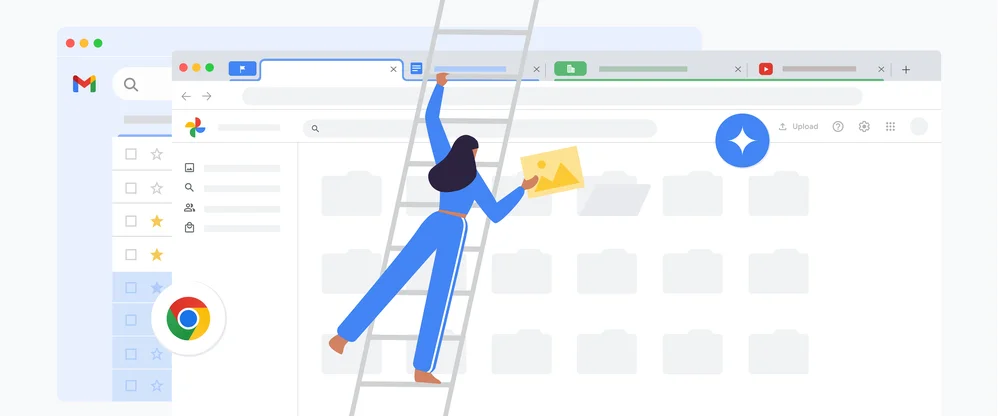Privacy, sustainability and the importance of “and”

When other browsers started blocking third-party cookies by default, we were excited about the direction, but worried about the immediate impact. Excited because we absolutely need a more private web, and we know third-party cookies aren't the long-term answer. Worried because today many publishers rely on cookie-based advertising to support their content efforts, and we had seen that cookie blocking was already spawning privacy-invasive workarounds (such as fingerprinting) that were even worse for user privacy. Overall, we felt that blocking third-party cookies outright without viable alternatives for the ecosystem was irresponsible, and even harmful, to the free and open web we all enjoy.
Since 2019, we’ve been working on a collaborative open-source effort — the Privacy Sandbox — to develop a set of new privacy-preserving technologies that make third-party cookies obsolete and enable publishers to keep growing their businesses and keep the web sustainable, with universal access to content. It’s a polarity to balance, but one we think is critical to keep the web open, accessible and thriving for everyone.
Today, a new piece of web technology — Federated Learning of Cohorts (FLoC) — will start to roll out as a developer origin trial in Chrome. Keeping in mind the importance of “and,” FLoC is a new approach to interest-based advertising that both improves privacy and gives publishers a tool they need for viable advertising business models. FLoC is still in development and we expect it to evolve based on input from the web community and learnings from this initial trial.
Here’s a bit more information on how FLoC currently protects your privacy:
- You’re part of a crowd. FLoC allows you to remain anonymous as you browse across websites and also improves privacy by allowing publishers to present relevant ads to large groups (called cohorts). Cohorts are defined by similarities in browsing history, but they’re not based on who you are individually. In fact, which cohort you are in frequently changes as your browsing history changes. Of course, when you want an individual experience, you can still sign into websites and share the personal information you choose.
- FLoC doesn’t share your browsing history with Google or anyone. With FLoC, your browser determines which cohort corresponds most closely to your recent web browsing history, grouping you with thousands of other people who have similar browsing histories. The identification number of the cohort is the only thing provided when requested by a site. This is different from third-party cookies, which allow companies to follow you individually across different sites. FLoC works on your device without your browsing history being shared. Importantly, everyone in the ads ecosystem, including Google’s own advertising products, will have the same access to FLoC.
- Chrome browser won’t create groups that it deems sensitive. Before a cohort becomes eligible, Chrome analyzes it to see if the cohort is visiting pages with sensitive topics, such as medical websites or websites with political or religious content, at a high rate. If so, Chrome ensures that the cohort isn’t used, without learning which sensitive topics users were interested in. We have created a detailed technical paper on how this works. And of course, sites can also opt out of FLoC, meaning the browser will not include visits to that site when determining a cohort.
The initial testing of FLoC is taking place with a small percentage of users in Australia, Brazil, Canada, India, Indonesia, Japan, Mexico, New Zealand, Philippines and the U.S. We’ll expand to other regions as the trial expands globally. If you’ve chosen to block third-party cookies with the current version of Chrome, you won’t be included in these origin trials. In April, we’ll introduce a control in Chrome Settings that you can use to opt out of inclusion in FLoC and other Privacy Sandbox proposals.
To help support this important milestone we’re also launching a new site, privacysandbox.com, dedicated to our Privacy Sandbox proposals where you can find an overview of this effort, FAQs on FLoC and links to additional resources, with more content to come over time. We’ll continue to share updates as we collaborate with the broader web ecosystem. And we welcome Privacy Sandbox contributions from publishers, ad tech companies, advertisers and developers.






